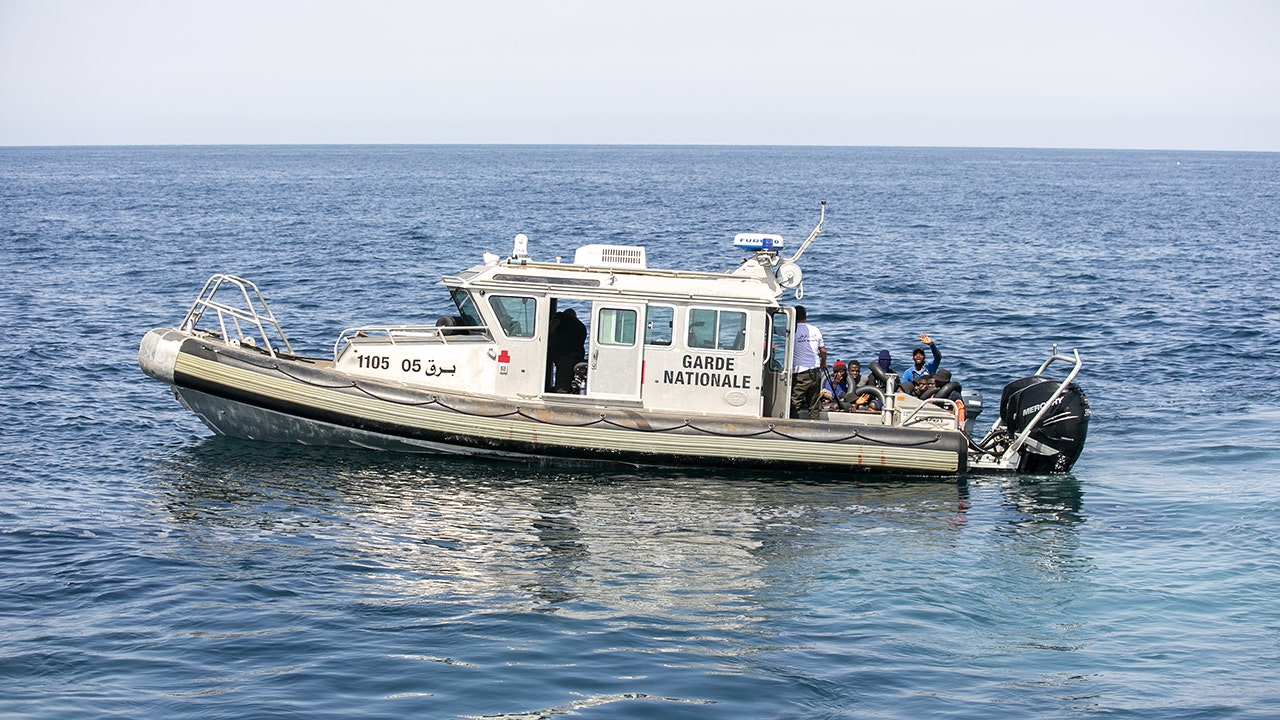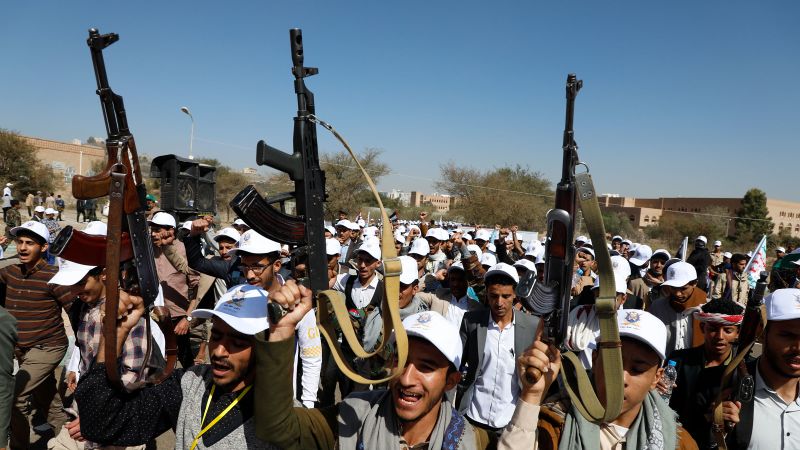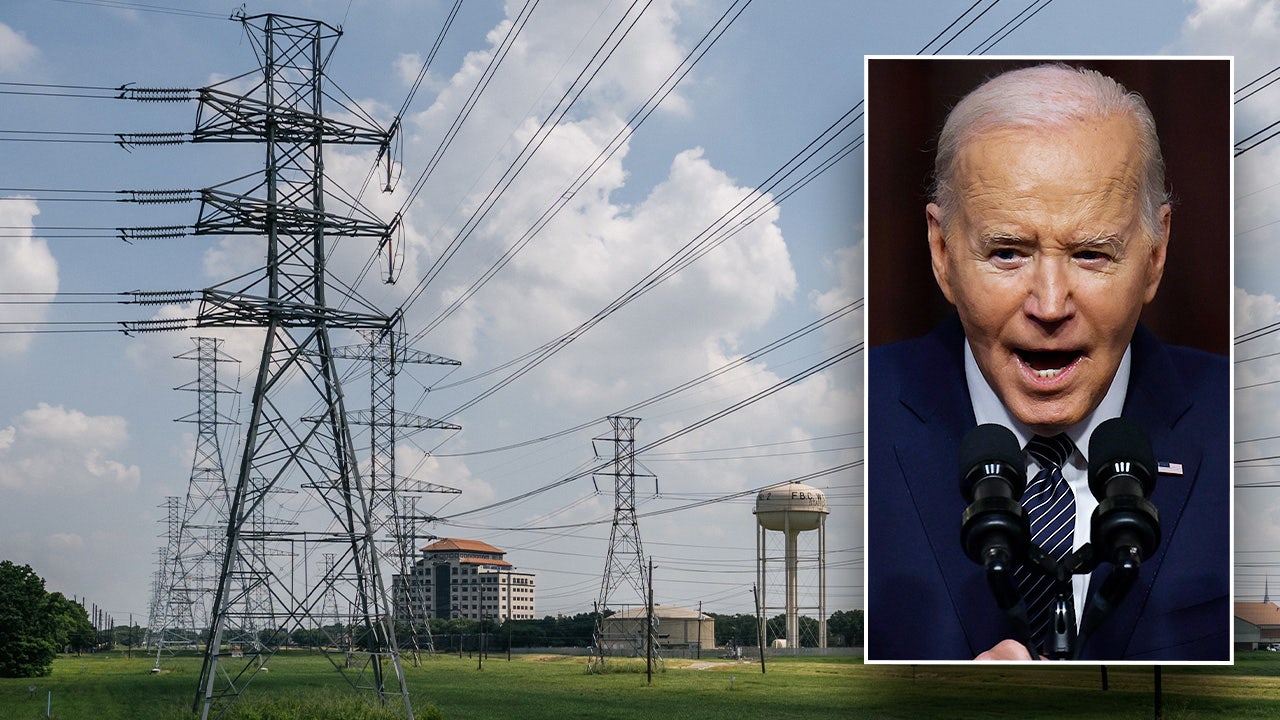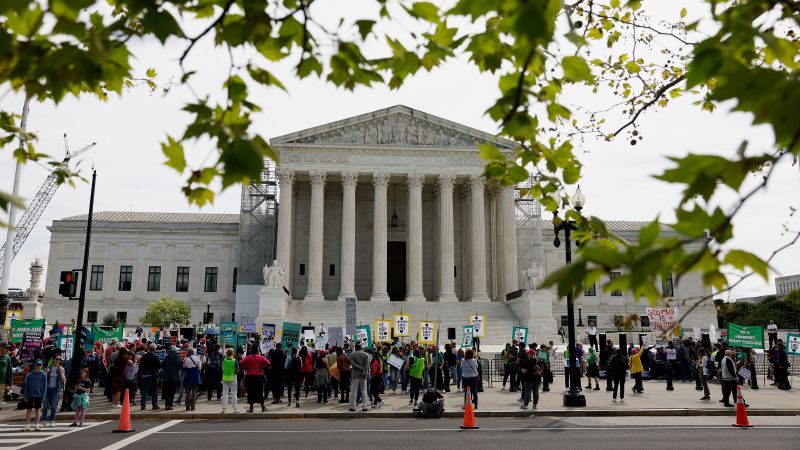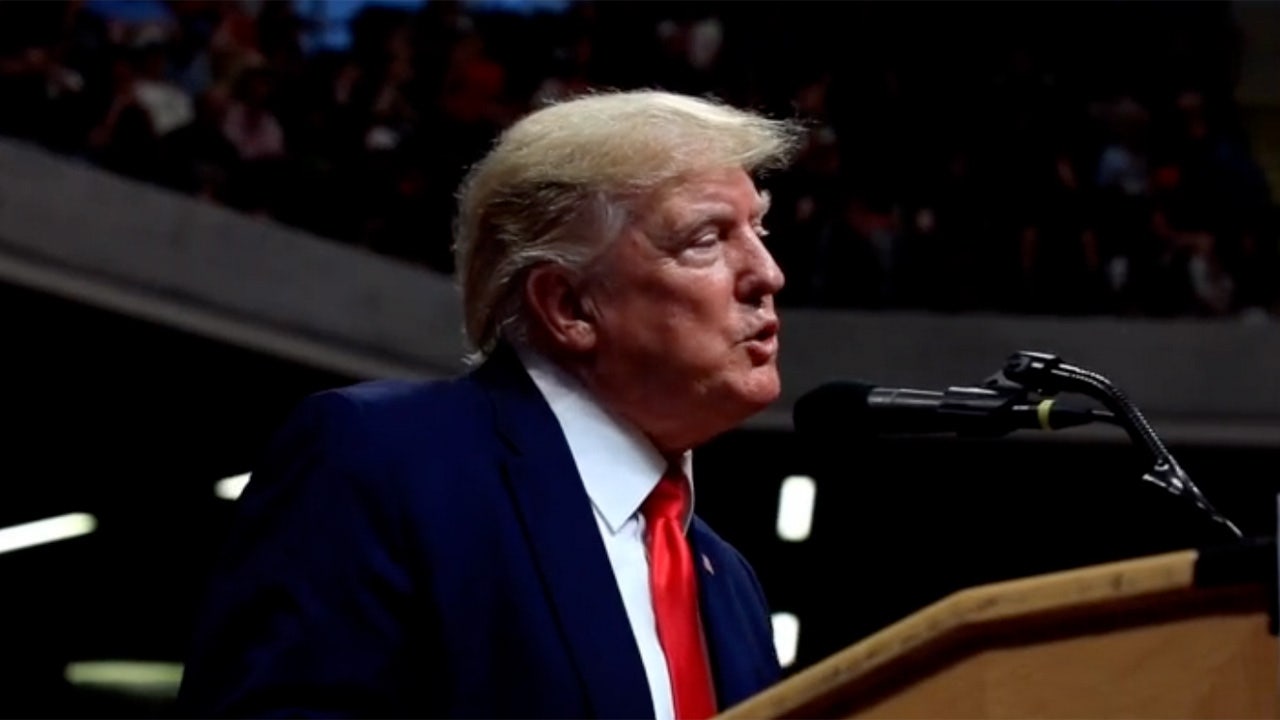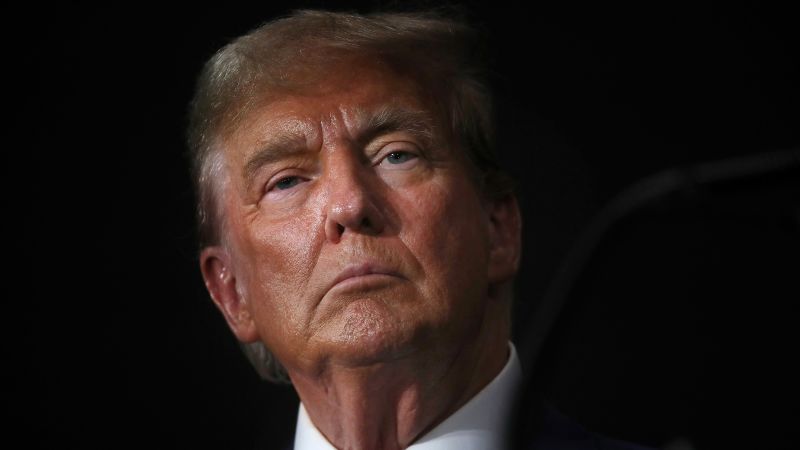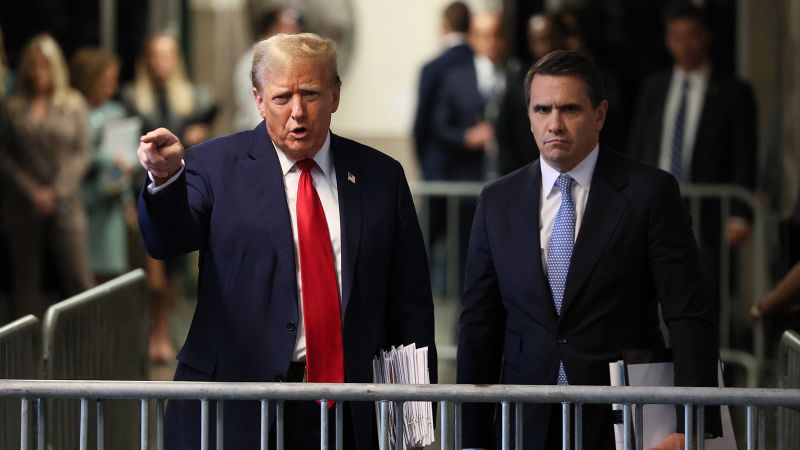The Biden administration is struggling to stop the ongoing attacks by the Iran-backed Houthis against ships in the Red Sea and the group is continuing to fortify its weapons stockpile inside Yemen, even though the US has carried out significant strikes on the group in recent weeks, US officials told CNN.
“We know that the Houthis maintain a large arsenal,” Deputy Pentagon Press Secretary Sabrina Singh said on Thursday, hours after the Houthis hit yet another cargo vessel in the Gulf of Aden with ballistic missiles. “They are very capable, they have sophisticated weapons, and that’s because they continue to get them from Iran.”
US officials have been grappling with how to increase the pressure on the Houthis, with some inside the administration arguing that the use of force alone is not working. It is also extremely expensive and impractical, some officials note, to keep firing multimillion-dollar missiles at cheap Houthi drones and missiles.
Outside the administration, some former officials argue the administration has taken too conservative of an approach altogether and needs to focus on targeting Houthi leaders rather than their weapon stocks.
The US strategy for confronting the Houthis has shifted since the attacks began in October insofar as US Central Command has begun regularly striking Houthi weaponry inside Yemen pre-emptively, when the US can see systems being prepared to launch.
But multiple officials told CNN that the US still does not have “a denominator” that would allow them to assess the percentage of Houthi equipment they have actually destroyed, and it is not clear whether the US will shift its military approach further.
“They continue to surprise us,” said one senior defense official, referring to the Houthis. “We just don’t have a good idea of what they still have.”
While the US has hit dozens of Houthi targets inside Yemen since January—including command and control nodes and weapons storage facilities—the Houthis are in turn digging in, officials said, building tunnels near Yemen’s western coast and more regularly staying underground.
Some inside the administration say it is a positive sign that the Houthis appear to be spending more time underground between attacks—they are being forced to hide, which suggests that the military strikes are having at least a psychological impact.
The Houthis are also extremely concerned about their senior leadership being targeted in a strike and have become increasingly paranoid, two officials said.
For some former US officials who spoke to CNN on the condition of anonymity, the fact that the US has not yet hit Houthi leadership and has instead focused on destroying weapons and equipment is a large part of why the US has failed to meaningfully deter the group.
“The US campaign against the Houthis appears to bear the hallmarks of many of these highly circumscribed, scrubbed campaigns of the past where we seek to avoid causing them actual pain,” said one former US military official.
Former officials point to the apparent success the administration has had in deterring Iran-backed militias in Iraq and Syria by striking their leaders. After these militants killed three Americans in Jordan in January, the US carried out a strike inside Baghdad on February 7 that killed two key militia commanders. The attacks have since stopped entirely, the Pentagon has said. Officials also believe Iran instructed the groups to back off the attacks following the US strikes.
The issue is becoming more acute, especially given the notable increase in Houthi attacks over the last two days. The Houthis’ deployment for the first-time last week of an unmanned underwater drone also alarmed US officials.
That drone was ultimately destroyed by US forces. But unmanned surface and subsurface vessels are “more of an unknown threat” that could be “extremely lethal,” Rear Admiral Marc Miguez, the commander of Carrier Strike Group 2, told CNN last week. He said the US has “very little fidelity as to all the stockpiles the Houthis have” of those kinds of weapons.
It’s also unclear whether the Biden administration could meaningfully ramp up its military action against Houthi targets, in particular to target Houthi leaders inside of Yemen, without first grappling with some of the open questions around the legality of the campaign. Some lawmakers on Capitol Hill have questioned whether the Biden administration would need authorization from Congress to carry on the campaign past a 60-day limit imposed by the 1973 War Powers Resolution. Theoretically, that 60-day deadline could expire March 12, two months after the first major strikes the administration carried out inside of Yemen itself.
Navy destroyer crew has only seconds to respond to incoming missiles. See them in action
The US, some argue, now needs to shift to a stronger international pressure campaign and better underscore how the attacks are impeding humanitarian aid shipments to vulnerable populations—including the people of Yemen.
The Houthis are very concerned with their domestic public image, officials said, and have tried to cast themselves as scrappy underdogs fighting for the betterment of Palestinian lives and an end to Israel’s war in Gaza. While the Houthis are not very popular in the areas of Yemen they control, the Palestinian cause itself is popular amongst Yemenis, officials noted.
At the same time, the Houthis also crave international legitimacy, officials said, and want to be recognized as the official Yemeni government. They have fought for that for years as part of a civil war against a Saudi coalition that backs Yemen’s internationally recognized government.
Some senior officials inside the administration therefore believe that the Houthis would keep their word and stop their attacks if Israel ended its war in Gaza, something some former officials privately say is wishful thinking.
Publicly, the administration has repeatedly downplayed the Houthis’ claims that they are attacking ships as a way to pressure Israel into a ceasefire, noting that most of the targets have no ties at all to Israel or its allies.
Privately, however, some senior officials concede it is entirely possible the Houthis will stop if Israel does—and they point to the fact that the Houthi attacks largely subsided in November during a 7-day pause in fighting between Israel and Hamas.
Still, officials say they cannot wait to see whether a ceasefire materializes to respond to the Houthis’ aggression. The State Department and Pentagon have therefore been working to turn both ordinary Yemenis and the international community further against them and began more forcefully challenging the militants’ narrative this week.
State Department spokesman Matthew Miller and the Pentagon’s Singh both highlighted a Houthi attack on a ship that was bringing corn and other food supplies to the Yemeni people in Aden, and Singh noted that another ship hit by a missile and currently sinking in the Red Sea was carrying fertilizer and now poses a significant environmental risk to the region.
Officials told CNN on Friday that the sinking ship, the Rubymar, has now left an 18-mile oil slick in the area. The Belize-flagged, UK-registered, Lebanese-owned vessel was carrying 41,000 tons of fertilizer when it was struck on Monday, the officials said.
“The Houthis are creating an environmental hazard right in their own backyard,” Singh said on Thursday. “They’re saying that they’re conducting these attacks against ships that are connected to Israel. These are ships that are literally bringing goods, services, aid to their own people, and they’re creating their own international problem.”
One key aspect of this international pressure campaign is support from the US’ Arab allies. The US has managed to get some key regional partners on board with the operation to defend commercial shipping in the Red Sea, known as Operation Prosperity Guardian, including Oman and Bahrain.
But officials say more needs to be done to convey to the Houthis that they are becoming a pariah on the global stage. Even Iran, which has long backed the Houthis but does not have perfect command and control over them, has become increasingly concerned about the rebels’ tactics, CNN previously reported.
Still, there are no signs yet that Iran is actively withholding support from the Houthis, officials said. The US has continued to interdict Iranian weapons shipments to Houthi-controlled areas of Yemen, including as recently as earlier this month.


